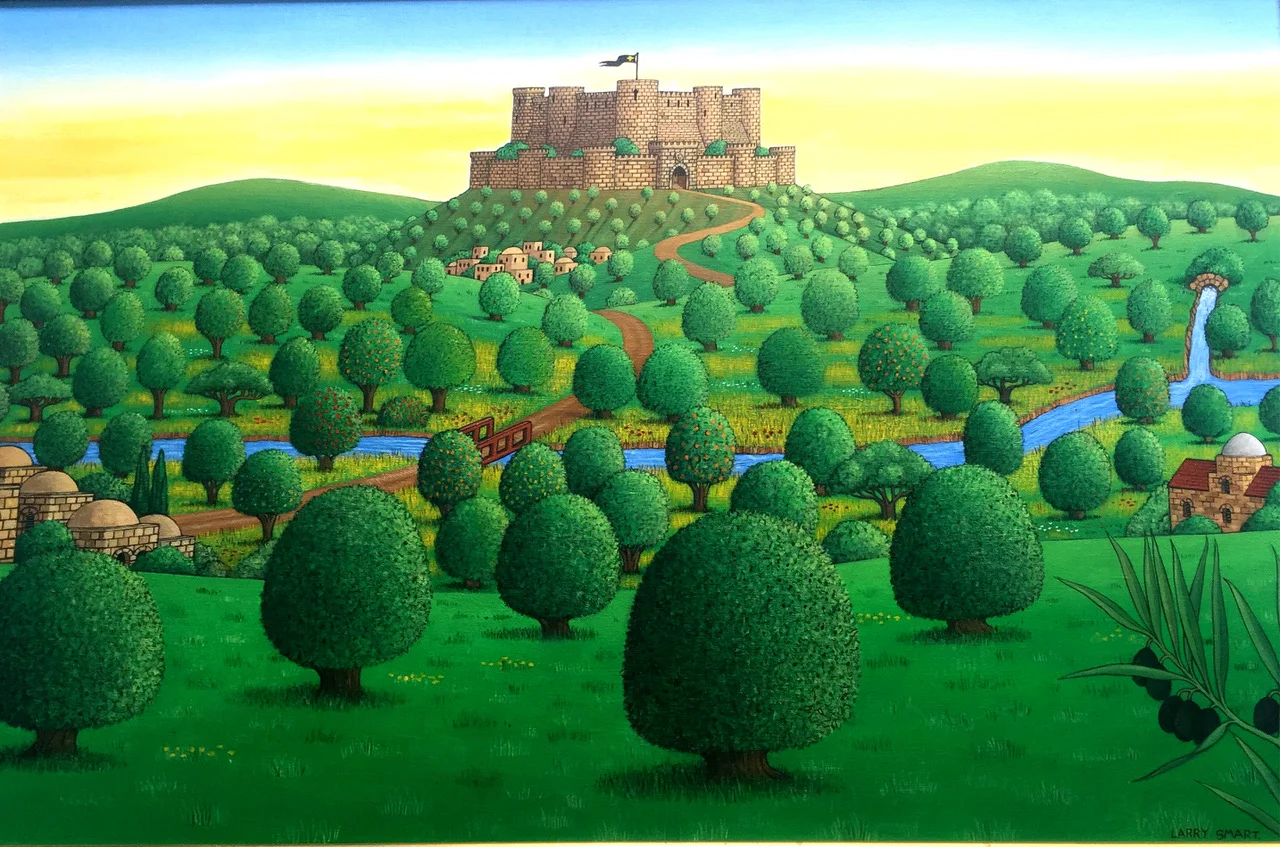The groundbreaking Harmony in Food and Farming Conference explained why a sustainable food culture sits naturally at the heart of an inspiring philosophy for harmonious living, says Craig Sams
In 2010 a book called ‘Harmony – A New Way of Looking at Our World’ was published. Written by HRH The Prince of Wales along with Tony Juniper and Ian Skelly, the book set out a coherent philosophy of harmonious living for communities and society, along with inspiring examples and a roadmap to a better future. It was inspired by the philosophy of the Stoics of Greece, while acknowledging Taoism, Zen and the Vedic texts. The book aims to re-engage the thinking that sought harmony with the order of the cosmos and a reconnection with Nature. It covered subjects like architecture, urban design, natural capital, deforestation and farming.
Inspired by the book, Patrick Holden, former director of the Soil Association and founder and Director of the Sustainable Food Trust, organised a conference in Llandovery Wales on July 10-11. The aim of the conference, entitled ‘Harmony in Food and Farming‘ was to put meat on the bones of the Prince’s book and to map out a way forward for agriculture and food production that resonated with the principles of harmony.
The conference kicked off with an inspirational keynote speech and then looked at a range of subjects, with key speakers from all around the world. Rupert Sheldrake led a session on ‘Science and Spirituality,’ Prof Harty Vogtmann moderated a session on ‘Farming in Harmony with Nature.’
A session on ‘The Farm as an Ecosystem’ saw Helen Browning, director of the Soil Association, describing her new agroforestry project that encourages happy chickens to range free in a productive orchard of apple trees.
A session entitled ‘Sacred Soil, Sacred Food, Sacred Silence’ highlighted the extent to which faith communities put harmony first in developing their food production systems.
A session on ‘Agriculture’s Role in Rebalancing the Carbon Cycle’ was my opportunity to shine with a presentation entitled ‘Capitalism Must Price Carbon – or Die’ in which I showed that if carbon emissions were priced into farming organic food would be cheaper than industrial food and we’d get the extra benefits of biodiversity, cleaner water and regenerating soils – all themes familiar to readers of my column in NPN. Then Richard Young set out the case for livestock farming that could operate harmoniously within our climate constraints and Peter Segger described his carbon-sequestering vegetable growing operation, which was a fascinating field trip that afternoon.
A session on animal welfare sought to see a way forward to keep animals happy during their short lives and to make that final moment of betrayal as pleasant as possible, with reference to examples and a deepening of the understanding of the sacred relationship between the animals we rear with care and then kill.
Patrick Holden learned his farming at Emerson College and is empathetic to biodynamic principles. A session on Harmony and Biodynamic Agriculture showed how the ideas of Rudolf Steiner resonate with the Harmony philosophy. At a reception the evening before the conference I mentioned to HRH that our original Zen Macrobiotic company was called Yin Yang Ltd and that our brand was Harmony Foods and that we had taken our philosophical guidance from Zen Buddhism and Taoism, unaware that the Stoic philosophy or Greece was on the same page. He commented that the Egyptians had laid the philosophical foundations for the Stoics. I wondered at how a way of thinking that had arisen simultaneously in China, India, Greece and Egypt was now guiding the effort to restore balance to our dysfunctional and unsustainable world.
The conference was attended by delegates from every continent and the closing plenary session included individual delegates describing how the conference had affected them. It was very moving stuff and helped us realise how much we all had been changed by two days in Wales. Patrick stood up to finalise the session and received a prolonged and much-deserved standing applause. The conference was a remarkable achievement. It is now the job of the Sustainable Food Trust to build on its relationships with the organisations that were represented at the conference, capture the momentum of the gathering and give impetus to the movement for harmony, regeneration and an end to the war on Nature that has brought us so dangerously close to disaster.
The proceedings of the conference, filmed and edited, can be seen on the Sustainable Food Trust website.











